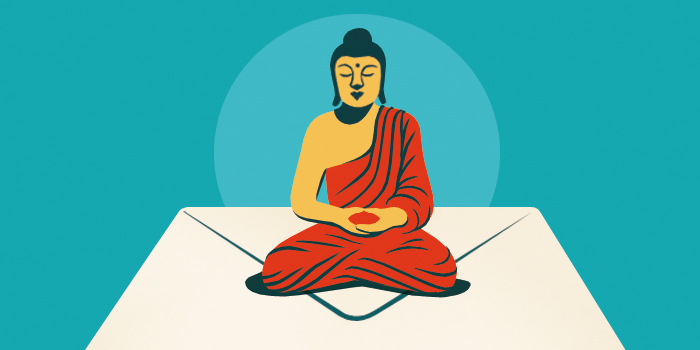Is Buddhism a religion, a philosophy, or a way of life?
The answer depends on how you define religion and philosophy, and that would take hundreds of cards. It also depends on which source you consult.
In the view of many practitioners and scholars, Buddhism is a religion—or rather, a family of religions—with myriad philosophical aspects. In fact, one of the things about Buddhism that appeals to many people is how philosophical it is. Buddhism asks us to investigate the nature of our minds and how we construct our own reality, and it promotes critical thinking and reasoning, in a way most schools of philosophy do as well.
But Buddhism has a religious end-goal that transcends life and death—and philosophy as well: liberation from suffering and the cycle of death and rebirth (samsara). It also offers a path for reaching that goal, grounded in a system of practice and ethics. Buddhists practice to connect with that freedom in a wholly transformative way, not an intellectual one.
Many other elements of Buddhism can be considered religious as well. Each school of Buddhism has its own particular rites and liturgy, and expresses faith in the Buddha’s teachings in its own way. And each honors a set of scriptures and holds certain objects to be sacred.
All that said, there are many characteristics of Buddhism that do not align with typical notions of religion, including a lack of divine revelation, any requirements to regularly attend service, or scripture considered to be the absolute truth. It also doesn’t ask you to make a leap of faith or take the teachings at face value. Rather, you’re encouraged to put the teachings into practice, test them out, and see if they do what they’re meant to do—free you from ignorance and suffering.

Tricycle is more than a magazine
Gain access to the best in sprititual film, our growing collection of e-books, and monthly talks, plus our 25-year archive
Subscribe now